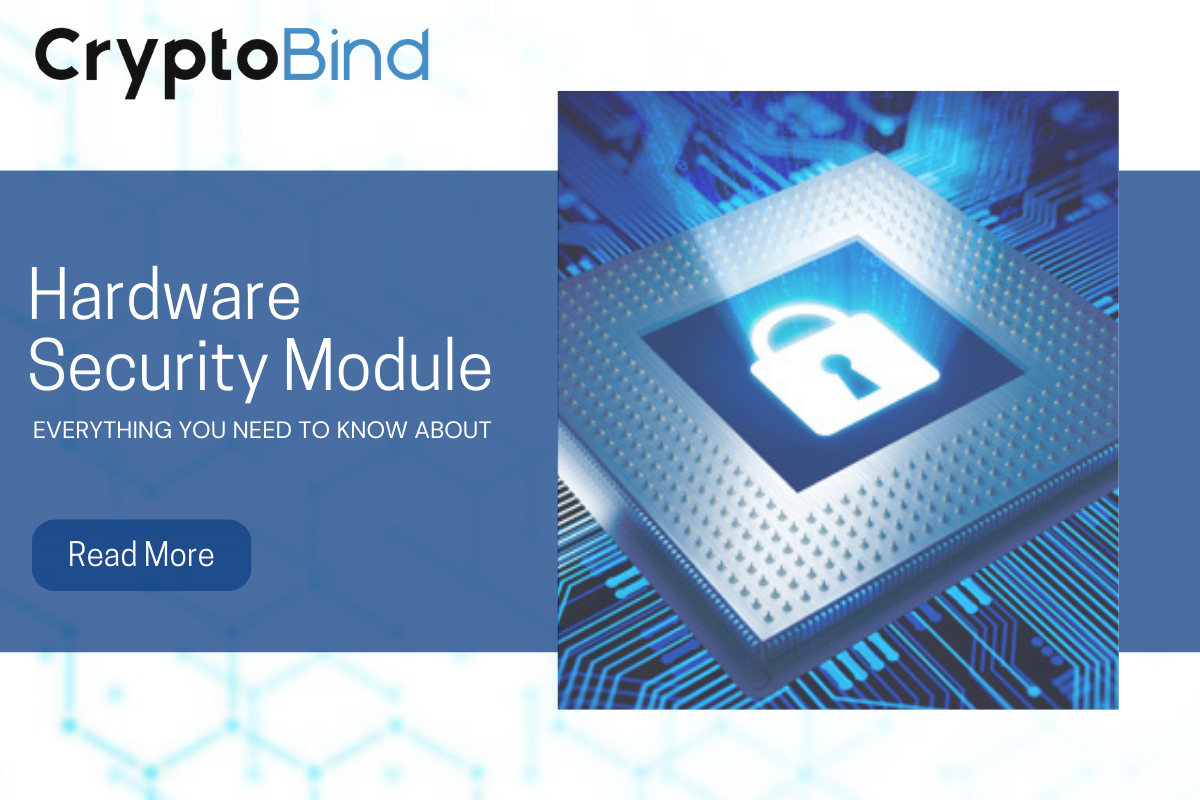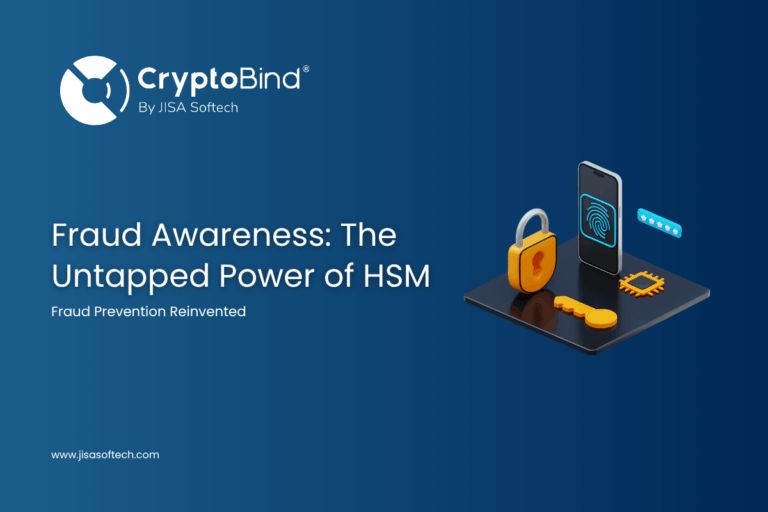Extensive Overview of Hardware Security Modules (HSMs)
In the past, companies might have managed to get away with being careless protectors of their customer data, but not anymore. If your customer data is accidentally shared with others or a malicious actor manages to access your databases, you could now face reputational damage that could cost your business millions of dollars. Any information you gather about your users and any business data that you have stored must be protected.
Data protection is crucial as it guards against identity theft, hacking, and other illegal activities that could compromise an organization’s information. A data protection plan must be implemented by any organization that wants to function effectively if it is to guarantee the security of its information. Data protection becomes increasingly crucial as more data is created and stored. Cyberattacks and data breaches can result in severe losses. Organizations must update their security protocols on a regular basis and take proactive steps to protect their data.
Many of you may be unfamiliar with the term HSM. However, it has been used for security purposes for over a decade. In this article, we will analyze the hardware security module to its very core. This article will explain the definition, utility, applications, and other aspects of HSM.
What is Hardware Security Module?
A hardware security module is a safe crypto processor that specializes in generating cryptographic keys and accelerating cryptographic operations using these keys. The module ensures secure encryption, decryption, and authentication for a variety of applications, serving as a trust anchor and protecting identities, applications, and transactions. Strong authentication and physical tamper resistance are two security features included in the hardware security module. It provides a higher level of security because it does not have any operating system and is thus virtually immune to network attacks.
How exactly the HSM works?
An HSM is a cryptographic device that helps you manage your encryption keys. It’s a secure environment where you can generate truly random keys and access them. A key management system can make it easier to manage keys across their lifecycle, separate data from keys, and protect data from unauthorized access.
HSM performs each key management operation in a secure environment of its own. Truly random keys that you can access and use to decrypt data can be generated by it. By using an HSM, you can separate your data from your keys while entrusting it to manage your keys throughout their lifecycle.
Organizations may have a single HSM or many. Companies can still use a centralized key management system even if they have multiple HSMs, making it easier to manage the HSMs and ensuring uniform compliance. HSMs are able to both verify data that has been stored in insecure locations and safeguard that data from unauthorized access.
Businesses may also choose to use HSM as a service (HSMaaS), which enables them to manage their keys using an HSM in the cloud from a provider. The majority, if not all, of the advantages of having an on-site HSM are also provided by using HSMaaS, but with greater scalability and cost savings.
Since an HSM is a physical device, it provides both physical and logical data protection. HSMs are secure by default as they were created for this purpose.
Where and why HSM is used?
HSM is a type of hardware security module that acts as an access control device, protecting data from unauthorized removal or modification. The key benefit is that if an attacker tries to access your information, they will either be stopped by the system and prevented from using it (tamper-evident) or they will be unable to access your information at all (tamper-resistant).
The HSM is protecting sensitive data in all three states, including data-in-transit (where it is transmitted over the Internet), data-at-rest (where it is stored on the device’s hard drive or other storage media) and data-in-use (where it is used by the device’s operating system).
HSM is used by several cybersecurity solutions, such as the following:
- PKI (Public Key Infrastructure); for example, as a separate HSM appliance that integrates with the CA (Certification Authority) or as a PKI platform where the CA software and the HSM are combined into a single physical appliance.
- Card issuance systems, for example, issuing digital certificates that are enrolled onto smartcards.
- Document signing (PDF, XML), and signing SAML assertions are examples of digital signing solutions.
- CKM (Cryptographic Key Management) or EKM (Enterprise Key Management)
- Cloud services such as HSM as a Service or CKM as a Service
Types of HSMs:
Businesses vary in size and niche, so their HSMs are also different. The two most common types of HSMs are used by businesses based on their size and niche!
General Purpose HSMs:
General-purpose HSMs are designed to handle the most common HSM encryption algorithms. They are useful for businesses that deal with a wide range of sensitive data and public key infrastructures, cryptocurrencies and more.
Payment hardware security module:
This can be used by financial institutions to protect cryptographic keys and customer PINs. When customers use magnetic stripe or EVM cards to handle payments, the payment hardware security module securely handles the transactions.
How do hardware security modules protect your data?
Hardware security modules (HSMs) safeguard data by keeping the keys separated from their servers. If someone attempts to access the server, they must physically open the HSM to gain access. The HSMs are fitted with multiple security features like temperature sensors, voltage sensors and drill protection mechanisms which prevent unauthorized access. In addition, if anyone tries to breach these barriers, they will self-destruct their contents to prevent data compromise.
Who needs an HSM?
Any organization that uses cryptographic keys to protect personal information or sensitive data will benefit from an HSM. However, not all businesses will require one. If your business is concerned with compliance consequences or data loss, you may benefit from an HSM.
Some businesses may want the security of an HSM, but they don’t want to deploy one at their location. Using HSM as a service allows businesses to secure sensitive data without having to worry about installing or maintaining hardware.
The Future of Hardware Security Module:
The HSM will continue to play a critical role in the development of several areas of interest in applied cryptography. This includes confidential computing, blockchain, and multi-party computation (privacy preserving encryption between disparate parties), Homomorphic encryption (privacy preserving encryption) and post-quantum cryptography.
Is a Hardware Security Module the right choice for your business?
Cyberattacks are increasing in frequency, and businesses are becoming ever more dependent on data. An HSM system is a powerful tool for protecting sensitive information from cyberattacks. Make sure your business has a powerful HSM encryption system to back up all of your internet communications and transactions.
HSMs are well worth the investment for businesses that require them. If your industry requires you to adhere to data compliance standards, a hardware security module or HSM as a Service (HSMaaS) could help you better protect your information and manage your cryptographic keys!
Contact us to learn more about HSM and how we can help you keep your organization secure.
Website: www.jisasoftech.com
Email: sales@jisasoftech.com
Phone: +91-9619222553







